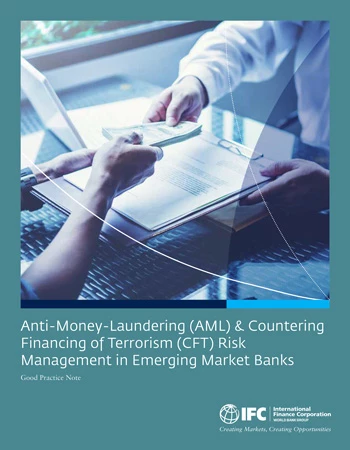For banks in emerging markets, the regulatory landscape is more complicated than ever. Rules designed to fight money laundering and root out terror finance have made the financial system safer and more resilient but have also increased the cost and complexity of doing business in developing countries—with negative consequences for cross-border trade and the networks that link local commerce with the global financial system. In response, many global banks operating in emerging markets have simply withdrawn correspondent banking services—everything from making wire transfers to accepting deposits to receiving documents on behalf of other banks. Local emerging market banks need help understanding and adapting to the new global standards, particularly when it comes to risk management for Anti-Money Laundering and the Combating the Financing of Terrorism (AML/CFT). That’s why IFC has published a new Good Practice Note for banks on AML/CFT risk management. The publication is designed to advance emerging market banks’ knowledge of the issue and strengthen their AML/CFT capabilities.
